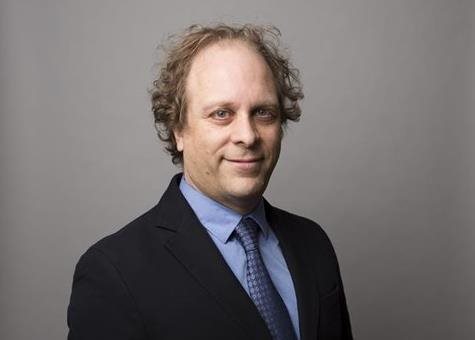 Dr. Brian Levine, Senior Scientist, Rotman Research Institute
Dr. Brian Levine, Senior Scientist, Rotman Research Institute
When
Dr. Brian Levine, senior scientist at Baycrest’s
Rotman Research Institute, was completing his clinical neuropsychology training, one challenge he kept running into was a lack of rehabilitation programs for some of his patients.
People who suffered from brain disorders, such as traumatic brain injury or stroke, had their lives turned upside down. These patients struggled to complete tasks that previously came easily to them, such as switching between different responsibilities at work, preparing meals or remembering to do things. The impact of this significantly disrupted their careers and social lives.
A person’s abilities to strategically plan next steps, stay organized and to maintain focus on overall goals, known as executive function, are crucial to their daily life. But there are few treatment options available to those facing deficits in these areas, which can occur following a variety of brain conditions, including stroke, brain trauma and unhealthy brain aging.
Finding a solution to this problem inspired Dr. Levine, who is also a clinical neuropsychologist and a professor in the departments of psychology and medicine (neurology) at the University of Toronto, to co-develop an evidence-based, in-person, brain-training program called
Goal Management Training ® (GMT). Over the last 18 years, GMT has become a leading rehabilitation method among older adults and patients with various brain disorders. More than 1,000 health practitioners have attended GMT workshops led by Dr. Levine in Canada, the United States and Europe. Now, Dr. Levine is working on translating the in-person program into an online rehabilitation tool.
“Having this brain training available to individuals at home would allow people around the world to use GMT to help prolong their independence, address their cognitive challenges earlier and reduce some of the pressure on our healthcare systems,” says Dr. Levine.